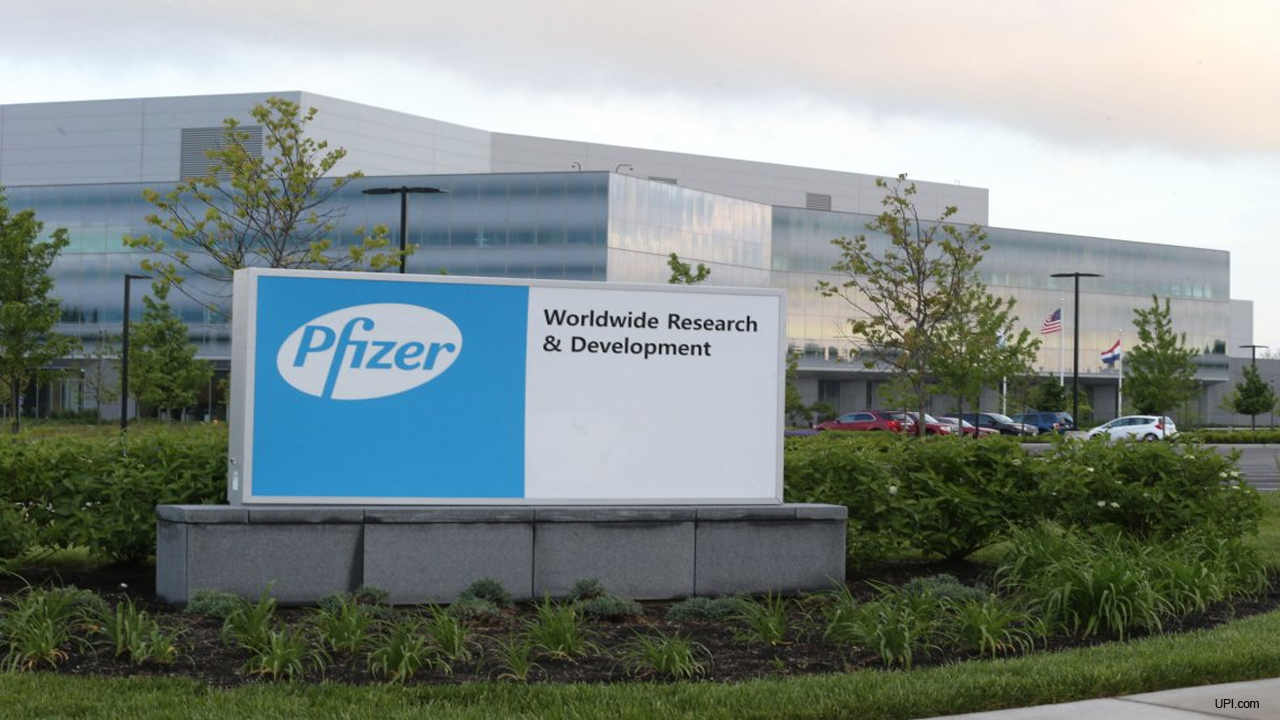Pfizer Inc. today announced that the first participant has been dosed in the Phase 3 CIFFREO study, which will evaluate the efficacy and safety of investigational gene therapy candidate PF-06939926 in boys with Duchenne muscular dystrophy (DMD). The CIFFREO trial is expected to enroll 99 ambulatory male patients, ages 4 through 7, across 55 clinical trial sites in 15 countries. The first patient was dosed at a site in Barcelona, Spain on December 29, 2020.
CIFFREO is a Phase 3 global, multicenter, randomized, double-blind, placebo-controlled study. The primary endpoint of the study is the change from baseline in the North Star Ambulatory Assessment (NSAA) at one year. The NSAA is a 17-item test that measures gross motor function in boys with DMD. Regardless of cohort, eligible participants are scheduled to receive the investigational gene therapy, either at the start of the study or after one year following treatment with placebo. Participants will be followed in the CIFFREO study for five years after treatment with the investigational gene therapy. Trial participants will receive commercially representative drug product manufactured at Pfizer’s state-of-the-art gene therapy manufacturing facility in Sanford, North Carolina.
“The initiation of our pivotal trial, which is the first Phase 3 DMD gene therapy program to begin enrolling eligible participants, is an important milestone for the community because there are currently no approved disease-modifying treatment options available for all genetic forms of DMD,” said Brenda Cooperstone, MD, Chief Development Officer, Rare Disease, Pfizer Global Product Development. “We believe our gene therapy candidate, if successful in Phase 3 and approved, has the potential to significantly improve the trajectory of DMD disease progression, and we are working with worldwide regulatory authorities to initiate this program as quickly as possible in other countries.”
PF-06939926 received Fast Track designation from the U.S. Food and Drug Administration in October 2020, as well as Orphan Drug and Rare Pediatric Disease designations in the United States in May 2017.
“DMD is a progressive disorder, and patients and parents are waiting desperately for treatment options,” said Silvia Avila, President, Duchenne Parent Project Spain. “The initiation of this study is an important step forward for this community, and it fuels us with hope that one day there may be treatment options for boys impacted with this devastating disease.”
DMD is an X-linked disease that is caused by mutations in the gene encoding dystrophin, which is needed for muscle membrane stability. Due to the lack of dystrophin, boys present with muscle degeneration that progressively worsens with age to the extent that they require wheelchair assistance when they are in their early teens, and unfortunately, usually succumb to their disease by the time they are in their late twenties. It is estimated that there are ~140,000 boys affected with DMD worldwide and approximately 30,000 in the United States and Europe.

 CIFFREO is a Phase 3 global, multicenter, randomized, double-blind, placebo-controlled study.
CIFFREO is a Phase 3 global, multicenter, randomized, double-blind, placebo-controlled study.









.jpeg)











.jpg)








